ASH22
Advertisement
A simulation approach identified odronextamab dosing regimens that could be used in children with aggressive NHL.
Race/ethnicity, income, and access to chemotherapy and radiation therapy improved outcomes in patients with Burkitt lymphoma.
The cell of origin in patients with diffuse large B-cell lymphoma may impact their response to CAR-T therapy and survival.
Advertisement
Patients with ALL who underwent allogeneic HSCT in their first complete remission had a two-year OS rate of 73.9%.
Cachexia could be used as a prognostic marker for survival after CAR-T therapy in patients with aggressive B-cell lymphoma.
In follow-up data from the phase II CAPTIVATE study, ibrutinib plus venetoclax demonstrated a favorable benefit-risk profile.
An asparaginase-containing, pediatric-inspired regimen led to an overall survival benefit in teens and young adults with ALL.
Zanubrutinib may be “more efficacious and better tolerated” than ibrutinib for patients with relapsed/refractory CLL or ...
Amy Kirkwood, MSc, discusses results from the randomized phase III UKALL trial during the 2022 ASH Annual Meeting.
SOHO President Jennifer R. Brown, MD, PhD, speaks about the phase III ALPINE study, which compared BTK inhibitors in CLL/SLL.
The CLL2-Give trial determined that obinutuzumab, ibrutinib, and venetoclax is a “potent and promising” treatment for ...
Srdan Verstovsek, MD, discusses using machine learning to predict resistance to hydroxyurea therapy in polycythemia vera.
Patients with chronic lymphocytic leukemia (CLL) primarily rely on their physicians for information about their disease.
Patients with MPN have a high risk of death from cardiovascular causes.
Patients with MPN who are employed face a “high economic burden,” especially if they experience thrombotic events.
Statin use may reduce the risk of developing a myeloproliferative neoplasm (MPN), according to a recent study.
Chadi Nabhan, MD, MBA, FACP, interviews Srdan Verstovsek, MD, on highlights in MPN research at the 2022 ASH Annual Meeting.

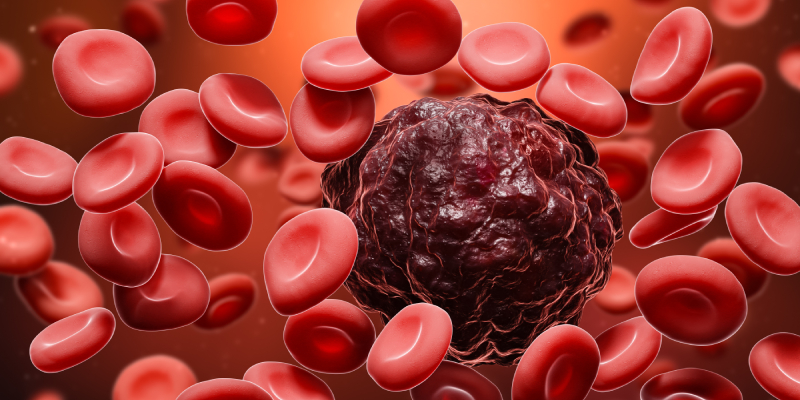
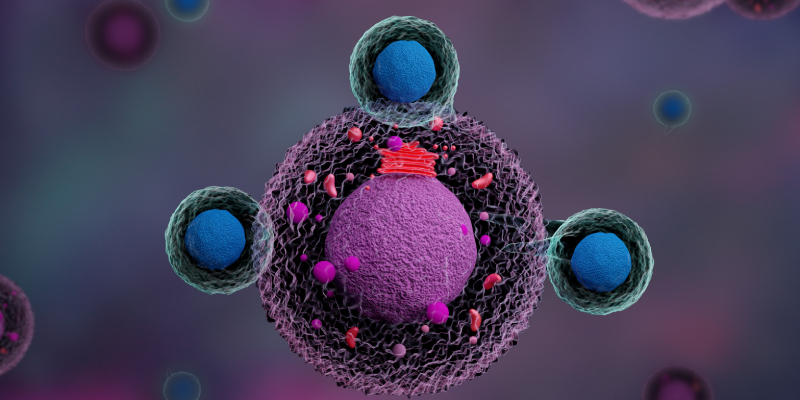







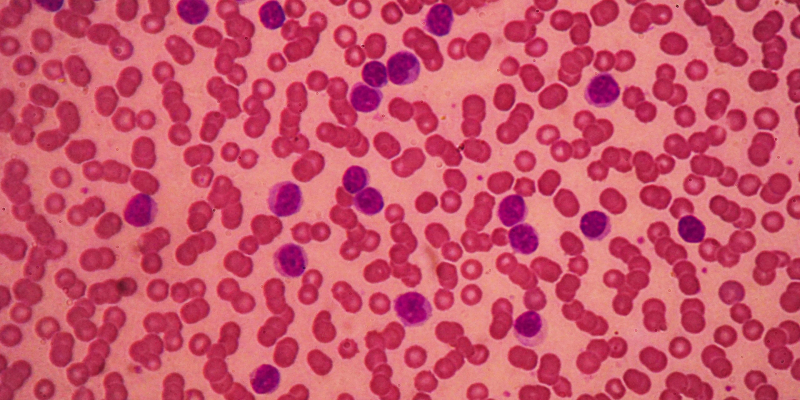

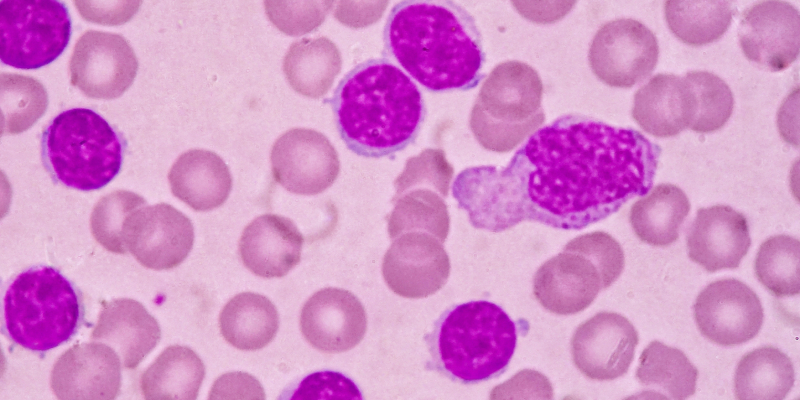

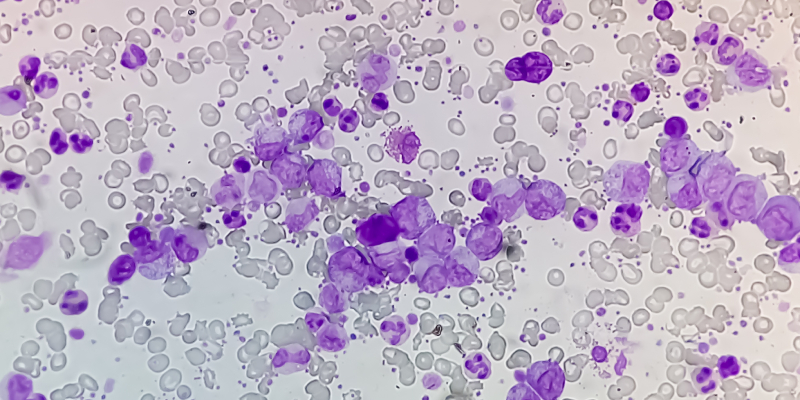

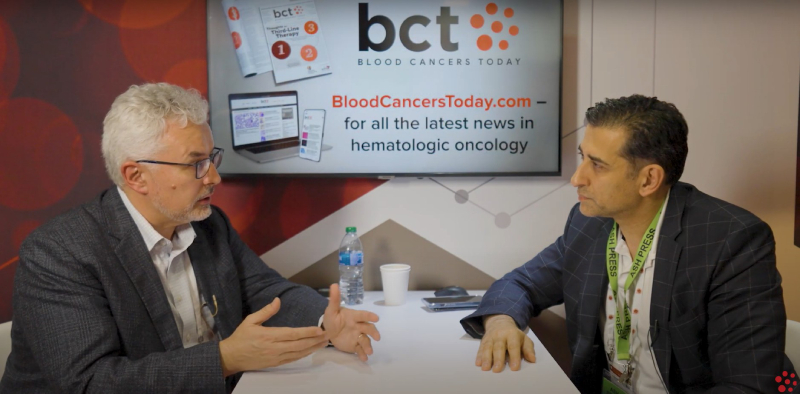
 © 2025 Mashup Media, LLC, a Formedics Property. All Rights Reserved.
© 2025 Mashup Media, LLC, a Formedics Property. All Rights Reserved.